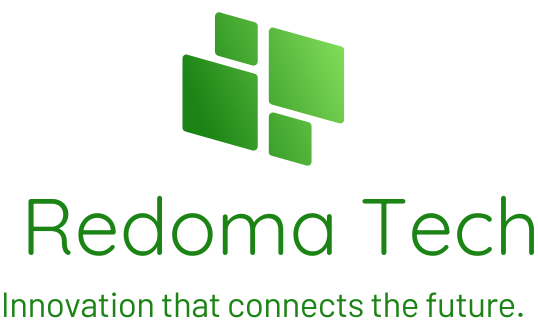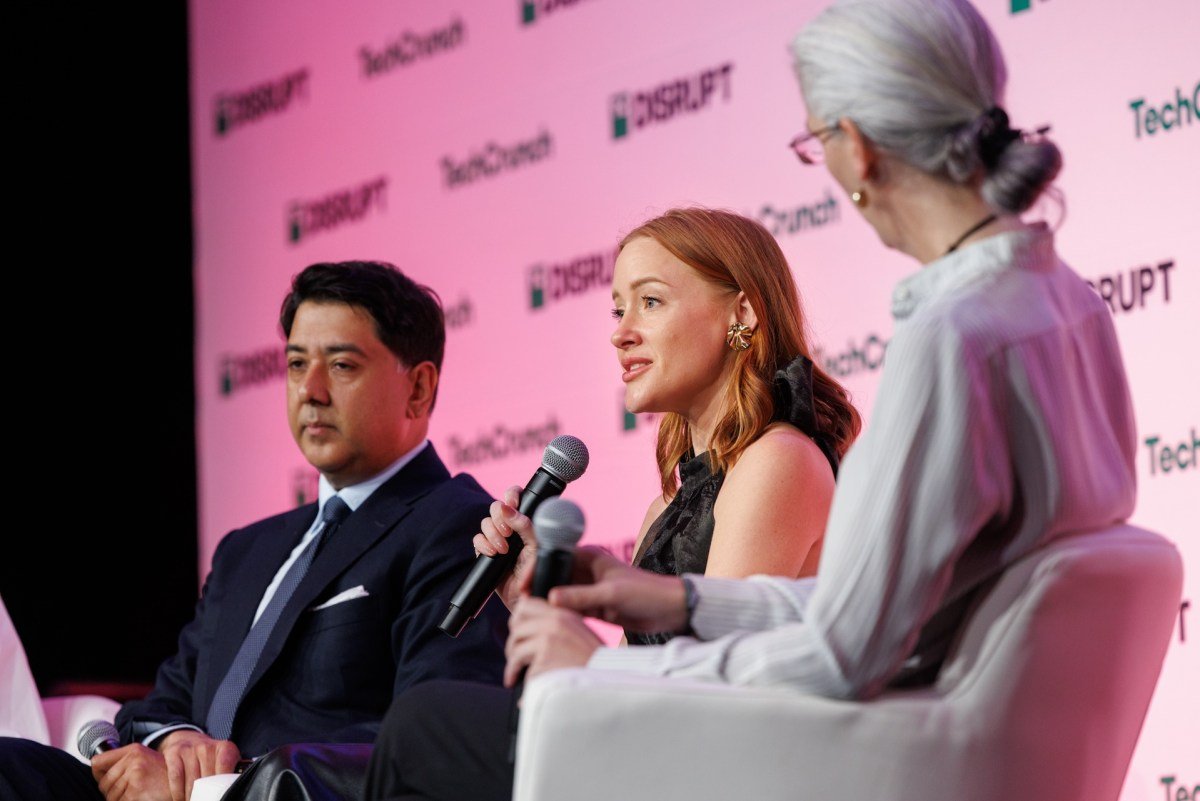
Hirsch likens the founders of non-AI startups to high school students who missed out on the cool party – they may have a solid business, but it’s not getting the attention it deserves.
Carta’s data shows that only 9% of Series A companies can lock in Series B funding within two years, a sharp drop from the previous 25%. The latest valuation data from Carta reveals a big gap in how companies at similar development stages are being valued.
For non-AI startups, the fundraising landscape is a whole different ball game né?. “We reckon there’s at least a couple more years of tidying up ahead.”
. In these scenarios existing investors are on board to offer more funding but they need a third party like Tribeca Ventures to come in and evaluate the deal Hirsch explained.
While venture capitalists are all about backing artificial intelligence (AI) companies at sky-high valuations other sectors are hitting roadblocks according to Hirsch né?. Even with solid revenue growth, startups that snagged a Series A round around 18 months ago might struggle to land Series B funding né?. But, there are still tons of companies out there struggling to secure financing or keep their heads above water, as noted by Brian Hirsch, co-founder of Tribeca Venture Partners.
Tribeca Venture Partners, a firm that got started 13 years ago, has a pretty cool late-stage investment approach né?. He’s advising companies that have made it this far to focus on growth rather than slashing costs né?. Earlier this year, IVP general partner Tom Loverro kicked things off by saying that the days of the post-pandemic economic slump are long gone. Unlike your typical growth funds they put their money into companies that are looking to raise capital at a valuation the same or lower than their previous round né?. Tribeca Ventures is rolling up their sleeves to lend a hand to more established startups with high valuations in negotiating down rounds. These startups often rake in revenues topping $20 million and are steadily growing, but their valuations aren’t quite hitting the mark in the current market.
“We’re still in the middle of an unwinding process,” Hirsch pointed out né?


